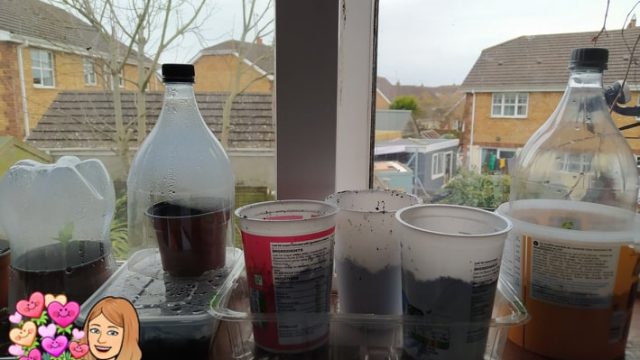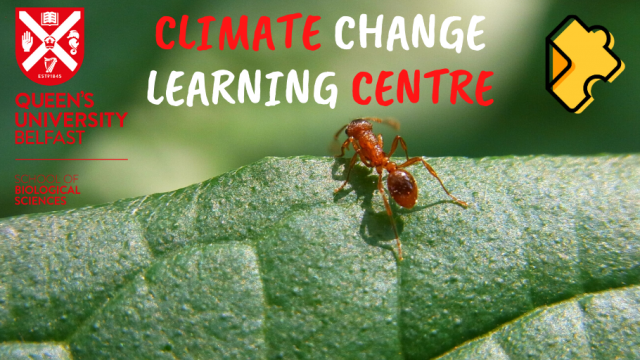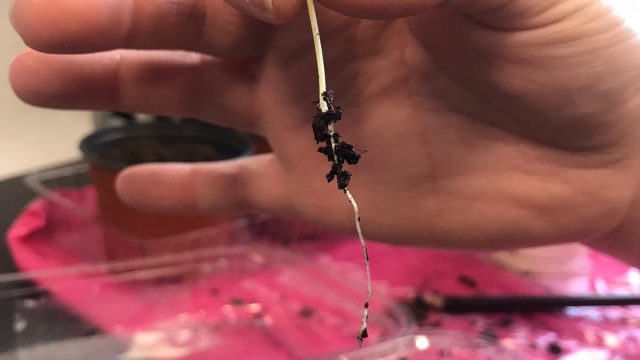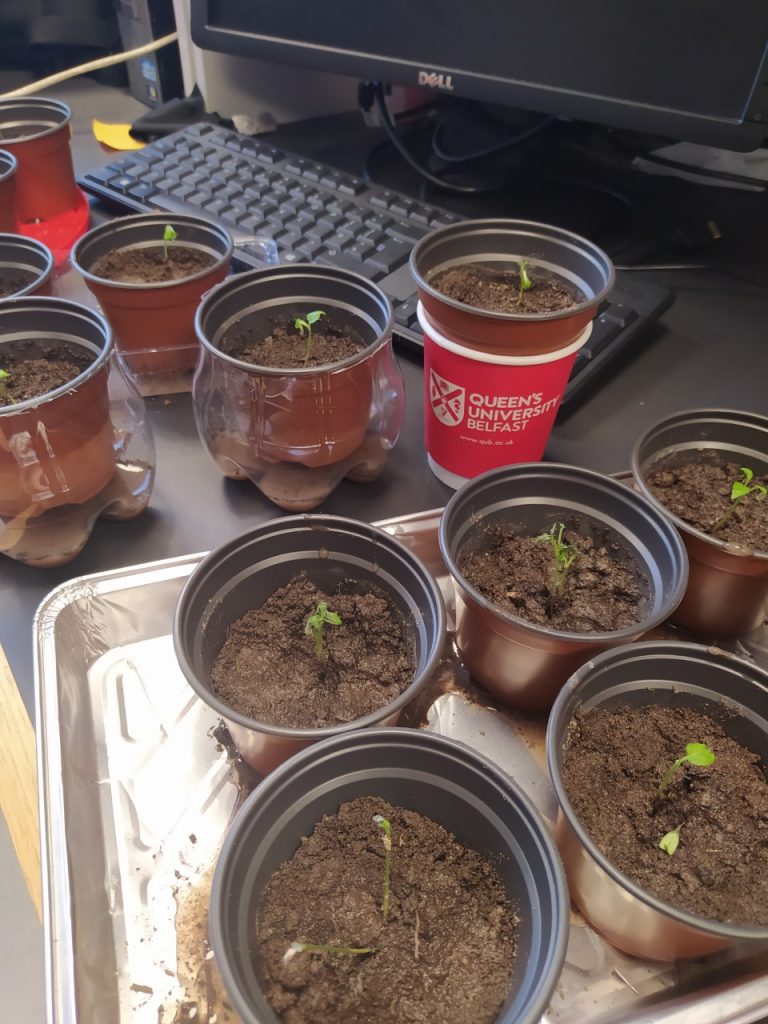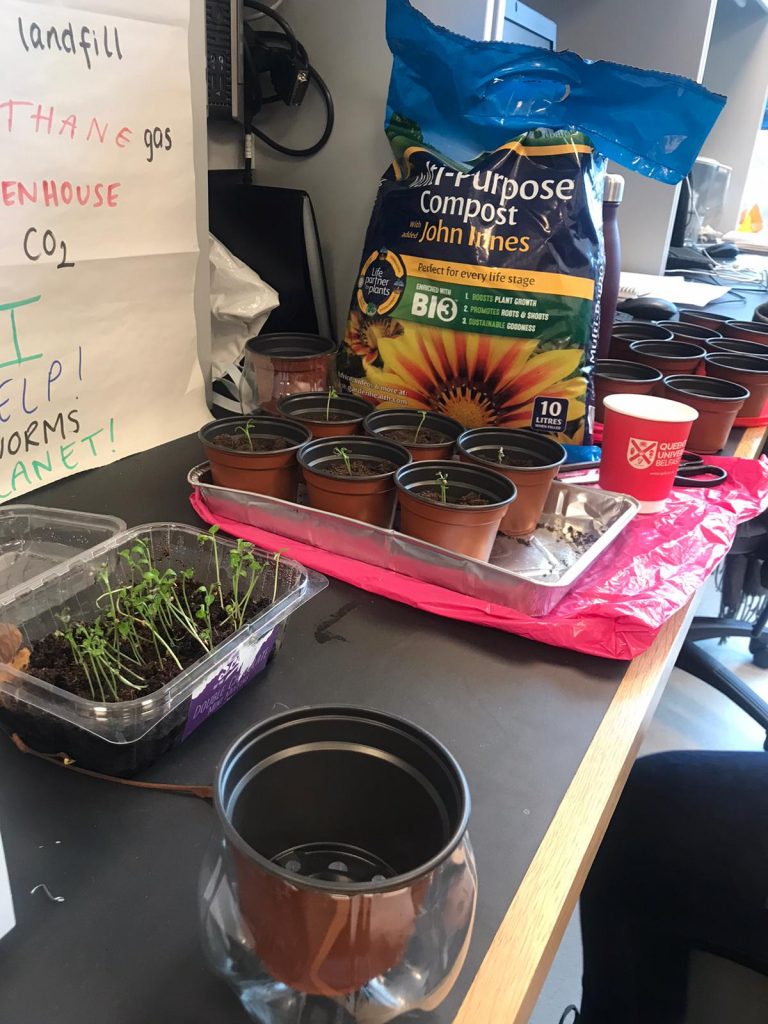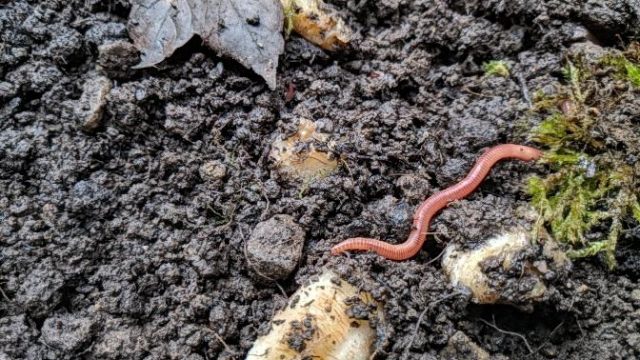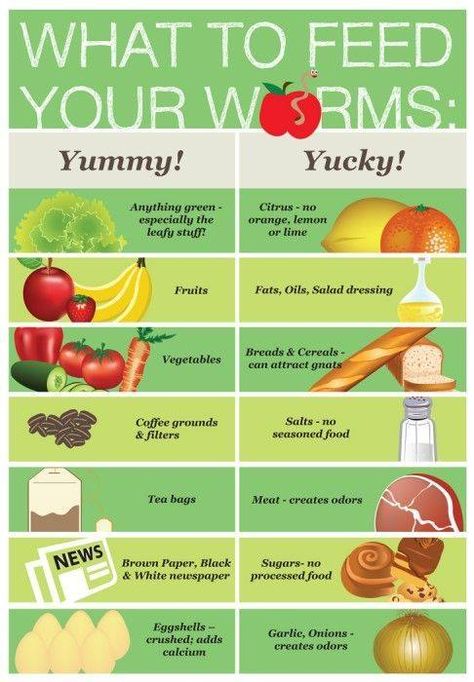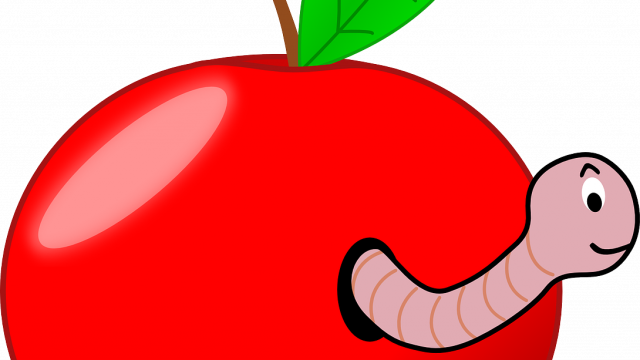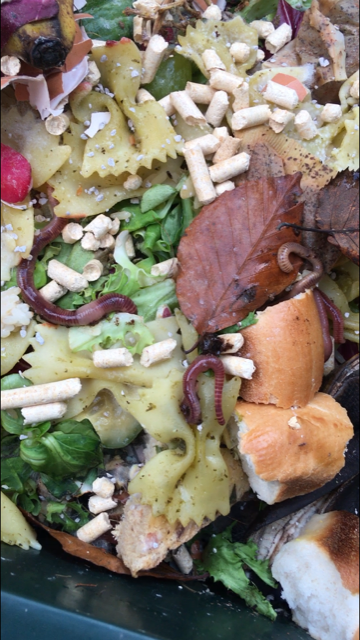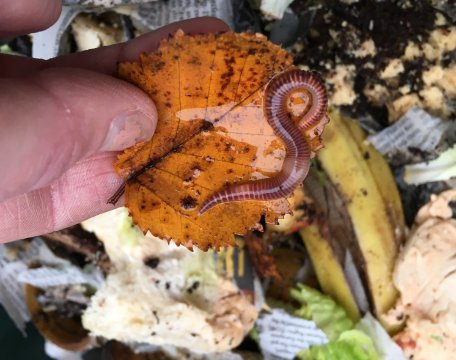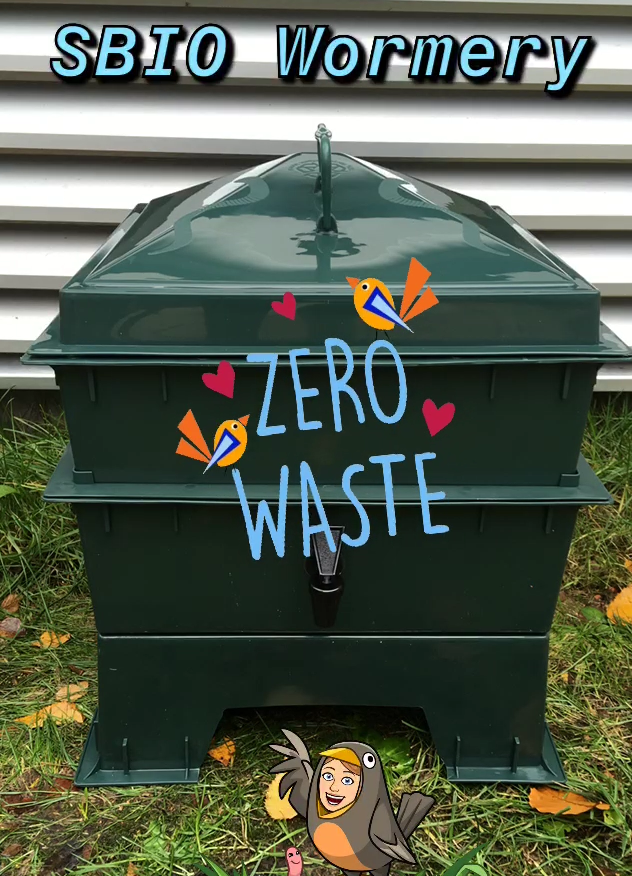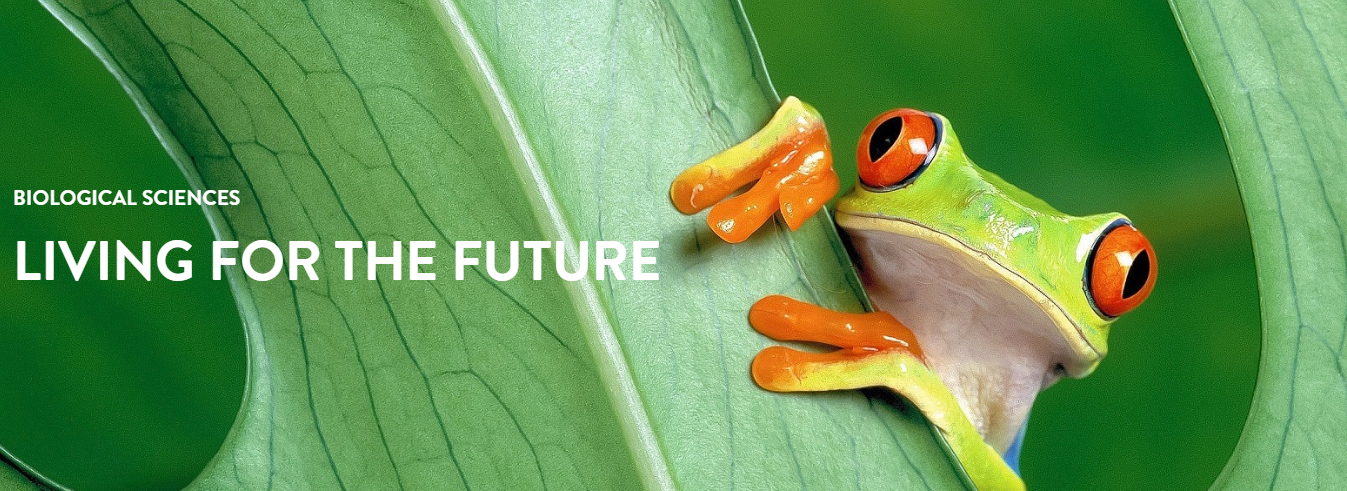The DIY plant pots are made out of recycled materials to reduce the amount of waste heading to landfill and reduce the amount of new plastics that we need to buy, even if they can be recycled.
Cutting up the empty bottle of your favourite drink into two halves can provide a mini-greenhouse effect to trap heat and help your plants grow to their full potential. We may not be able to go out into nature at this time but we can bring it to us ❀🌹🌻🌼🌷🌺.
Lot of items in your household can be transformed into plant pots, such a lunch boxes, yogurt pots, biscuit tubs and glass jars. This may also give new life to all those pasta sauce jars we have stacked up! 🍝
Making your own DIY plant pots is also a fun activity than can be done with all the family. It may also be a perfect distraction or just something to keep you occupied, especially during times like these.
So get your creativity flowing and your green thumbs out! Tweet how you get on @ https://twitter.com/BioGreenTeamQUB
